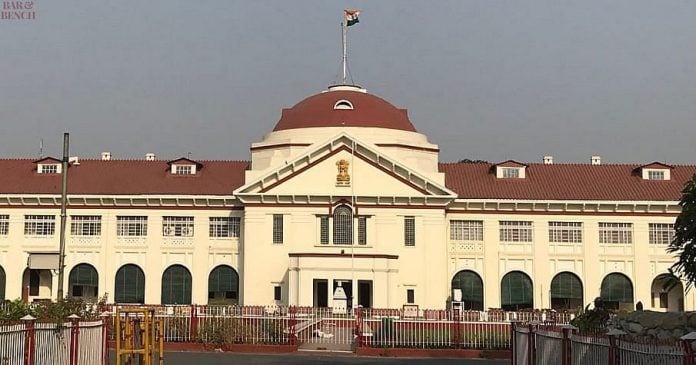The Patna High Court has observed that when a waterbody, which is used by the public in general, and a temple, which is accessible to all the devotees, stand on the land, even though it is gairmazarua aam land, the same cannot be settled in anyone’s favour, much less the appellant.
The division bench of Justices Ashutosh Kumar and Harish Kumar dismissed an appeal filed by an ex-army man in whose favour a proposal was initiated for settlement of gairmazarua aam land for services rendered by him for the country.
When nothing was being done, the appellant approached the competent authority, which rejected his petition. The appellant, thereafter, challenged the same before the Collector and thereafter before the Commissioner, but to no avail. All the authorities found that the land in question, which the appellant wanted to get settled in his name for price, was no doubt a public land, but a water-tank and a temple stands over that land.
The High Court said it did not have any document to rely on the averment of the appellant that the proposal with respect to the same plot of land was initiated in his favour.
It is the contention of the appellant that if at all, the said public land had a water-tank and a temple over it, how was it that land later stood corrected in the name of the respondent No.7 (Private Respondent).
The Bench found that respondent No. 7 was also impleaded as party in the petition, but she was never noticed; perhaps for the reason that the appellant as a writ-petitioner had only challenged the order passed by the Commissioner, refusing to entertain his plea of getting the land in question settled in his favour. It is, thus, only an oral statement of the appellant that the land which he wanted has now fallen in the kitty of respondent No. 7, even though it has a public watertank and a temple.
“We cannot, without any evidence in that regard, accept such statement ipso facto,” the High Court said.


